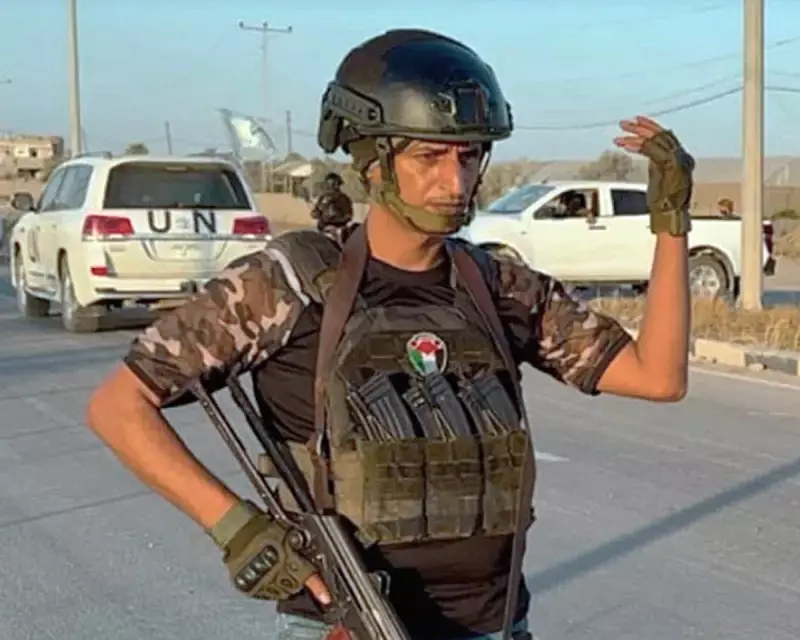
A controversial network of militia groups operating in Gaza, allegedly with covert Israeli backing, is emerging as a significant threat to the latest international peace initiative for the war-torn territory, The Guardian can reveal.
Diplomatic sources and regional analysts have expressed grave concerns that these newly formed armed factions are complicating efforts to establish a stable governing authority in post-conflict Gaza.
Shadowy Networks Undermining Stability
According to multiple sources familiar with the situation, Israel has been providing financial and logistical support to several Palestinian militia groups in Gaza. This controversial strategy appears designed to create a counterweight to Hamas's influence while avoiding direct Israeli military occupation of the territory.
"These militias are operating in a grey zone," explained one Western diplomat who requested anonymity. "While they're not officially sanctioned, their activities are creating parallel power structures that could derail the entire peace process."
The Regional Implications
The emergence of these groups comes as US and Arab mediators work to implement a comprehensive peace plan that would see:
- An immediate ceasefire and humanitarian corridor
- The establishment of an interim Palestinian administration
- International security guarantees
- Long-term reconstruction funding
However, the proliferation of armed factions threatens to create the very power vacuum the peace plan aims to prevent.
A Dangerous Precedent
Regional experts warn that Israel's alleged support for these militias mirrors tactics seen in other conflict zones, where external powers have backed proxy forces to advance their strategic interests.
"History has shown that arming non-state actors rarely leads to sustainable peace," said Dr. Amina Khalid, a Middle East security analyst at Chatham House. "These groups often develop their own agendas and can become uncontrollable, ultimately undermining the security of everyone involved."
The situation has prompted urgent discussions among international partners, with several European and Arab states raising concerns about the potential for renewed conflict if the militia activity continues unchecked.
The Path Forward
As diplomatic efforts intensify, the key challenge remains balancing immediate security concerns with the long-term goal of establishing legitimate, representative governance in Gaza. The success of the peace plan may depend on whether international pressure can convince all parties to support a unified approach rather than pursuing fragmented security solutions.






